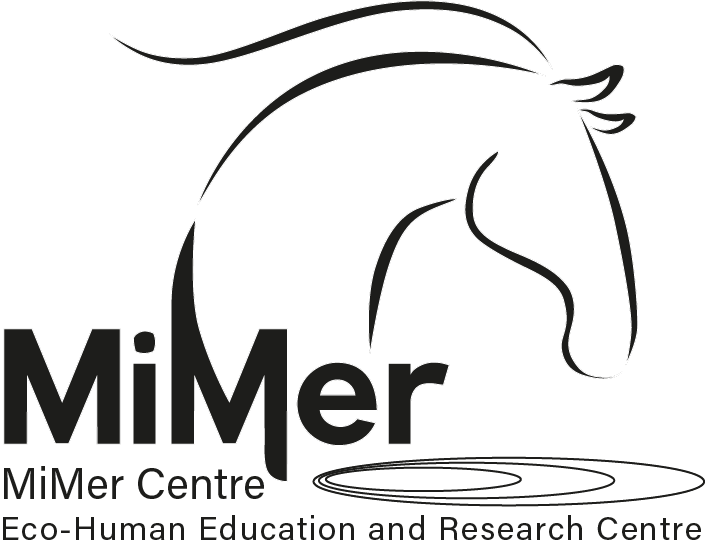…and on relationship building in general.
I hear, meet, speak to, more and more people who choose to fully remove themselves from almost any kind of interaction with horses (not so much other animals), and any kind of equine assisted interventions (EAI). Because they feel that the way we humans typically (and traditionally) are interacting, have been interacting – with horses, does not feel good to them, does not sit well with them.
I have struggled with this for years. To me it looks like plain avoidance. Instead of being, staying in a difficult relationship, that can be hard to navigate, but rewarding, many choose to give up, to remove themselves. And decides that humans are, in general “bad” for/to horses (and I often the reasoning is that unaware, highly emotional “clients” would be the worst humans for a horse to be around). But there are several different parts to this – from what I have seen and heard. Some of it has to do with convictions that us humans are not allowed to request anything from a horse. As they have not chosen to be here, with us. While I understand that argument, I also do not believe in one-sided relationships. In relationships, requests go both ways. As responses do.




















